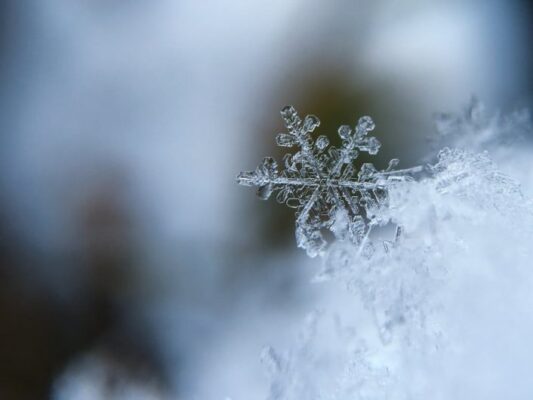On 21 December the Northern Hemisphere will celebrate the winter solstice, the longest night of the year (or shortest day of the year, depending on how you look at it). The term derives from the Latin word solstitium, which literally means “point at which the sun seems to stands still.” What better way to get through winter’s darkest and longest night than through celebration? Across the globe, different cultures celebrate this astronomical event in a variety of ways. Let’s take a look at a few:
Yalda Night: Iranians celebrate Yalda Night on the winter solstice. The term yalda means “birth” in Persian, and on this night Iranians honor winter’s arrival, the renewal of the sun and the light’s victory over darkness. Traditionally, families gather together and spend the whole night awake, eating watermelon, pomegranates and nuts and reading poetry.
Dongzhi Festival: The Chinese word dongzhi literally translates to “the extreme of winter,” and this is the name given to the festival celebrated on the winter solstice. The origins of the festival are rooted in the yin and yang philosophy, and what’s truly being celebrated is the arrival of longer periods of daylight. Family gatherings and traditional foods also play an important role in this festival, but in this case rice balls and dumplings are the food of choice.
Burning the Clocks: They do things a bit differently when it comes to celebrating the winter solstice in Brighton, England. After a parade of lights, costumes and music, lanterns with clock faces painted on them are burned in a large bonfire. The tradition was started in 1993 to compensate for the excessive commercialism of the Christmas season.
What about you? How do people celebrate the winter solstice in your neck of the woods? What name is the celebration given? Share with us!
Don’t forget to check out our YouTube Channel for interesting videos on language.

